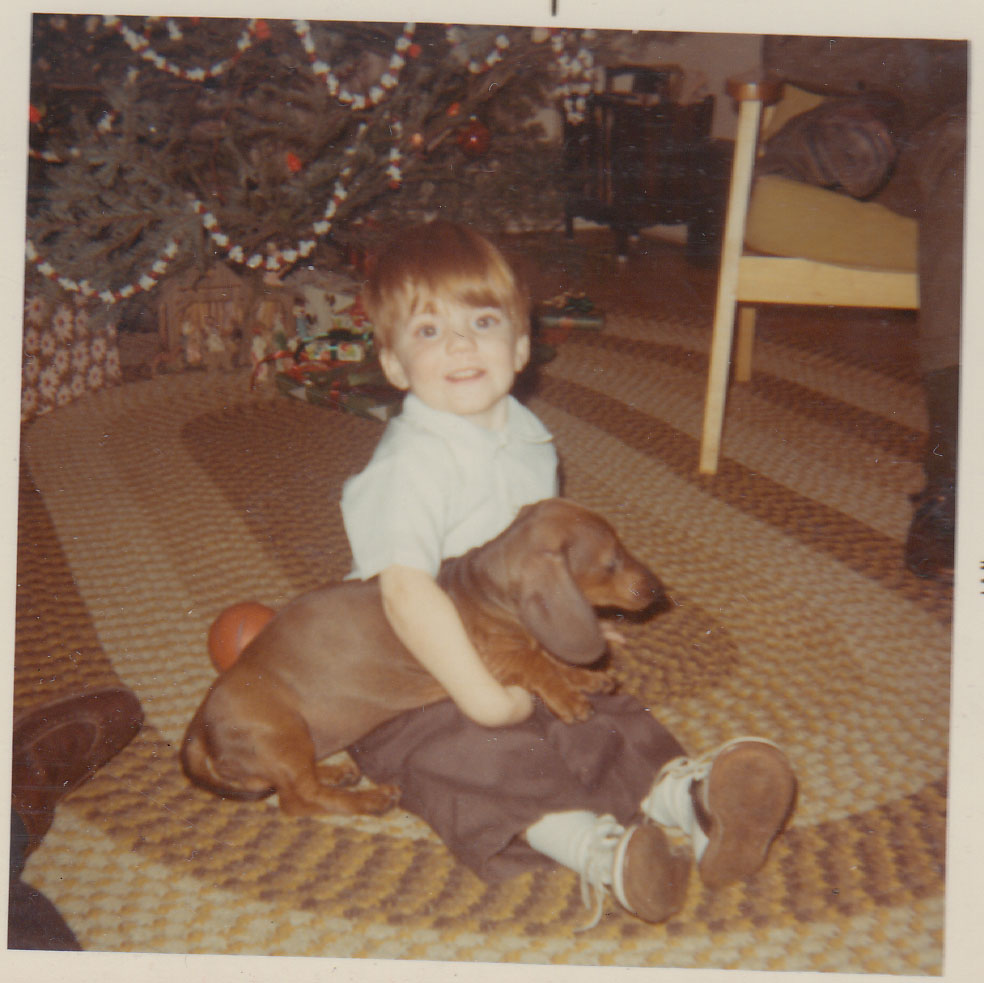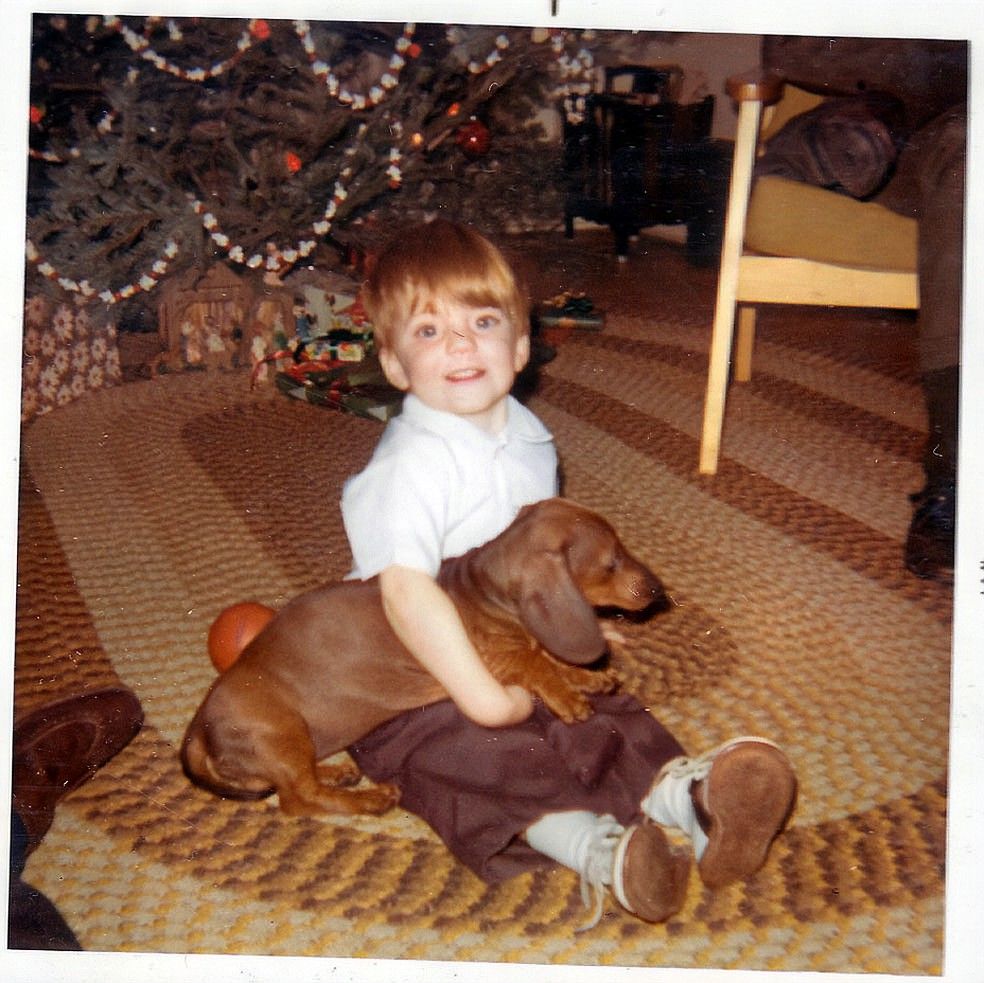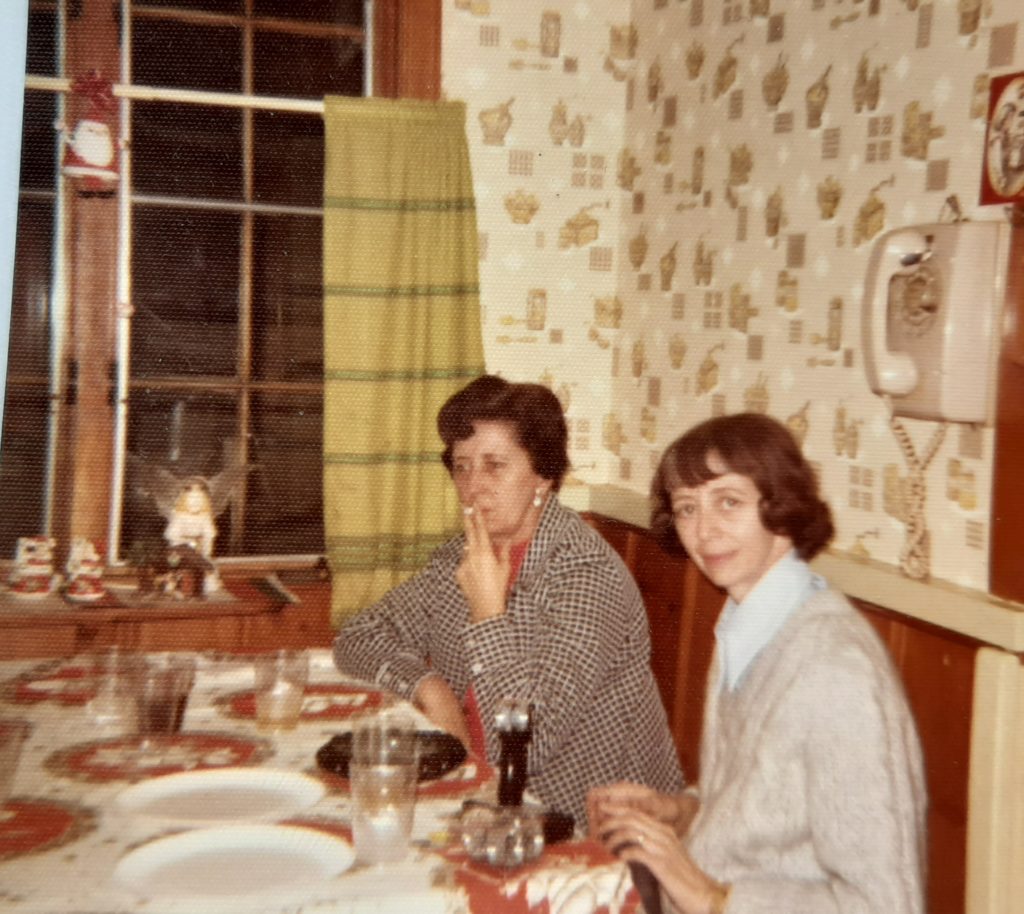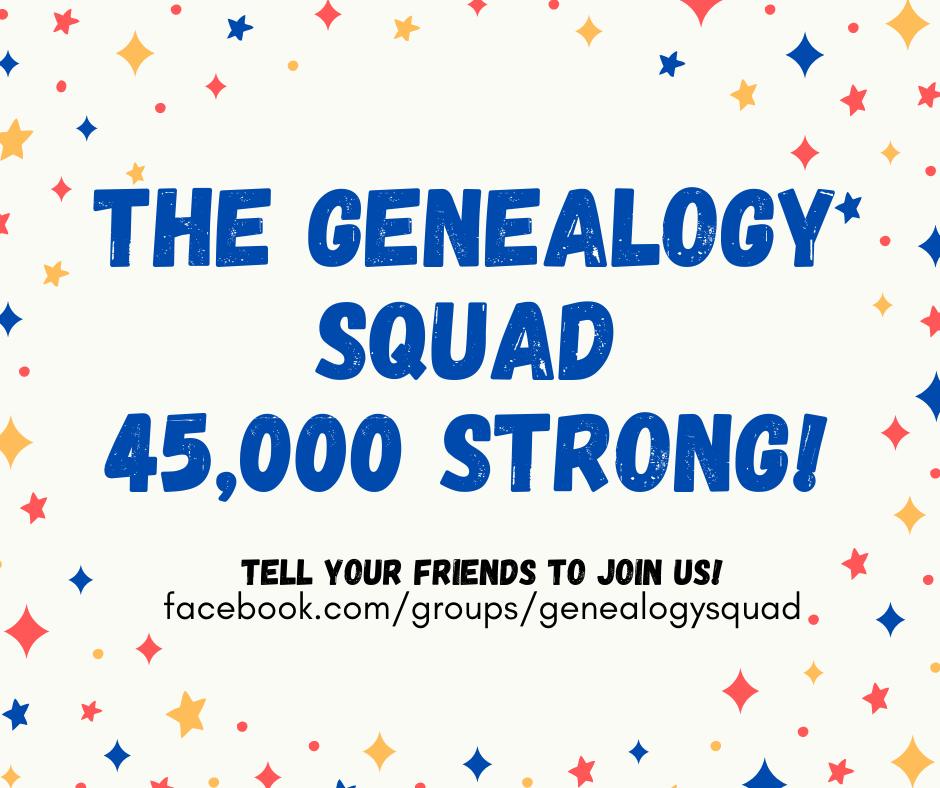U.S. Census 72-year privacy rule details — or not.
I have searched and searched. I have contacted law librarians, archivists, and many who work at the U.S. National Archives. No one had an answer for the origin of the 72-year privacy rule regarding release of the U.S. federal census to the public. Many people are anxiously awaiting the April 1 release of the 1950 census to find our parents, grandparents, a lost family member, and for me, to see toddler Paula enumerated at 770 Jenks Ave. in Saint Paul, Minnesota. (I will tell you how I know the address in a future blog post.)
Yesterday, National Public Radio produced a piece that delved into the origin of that 72-year thing. I call it a thing because there’s still no definitive answer but lots of theories and some possible insight. The last paragraph gave me chills about the release of future federal censuses. Read the full article before you get to that, please. The direct link to the article is not working. Please search for the title:



